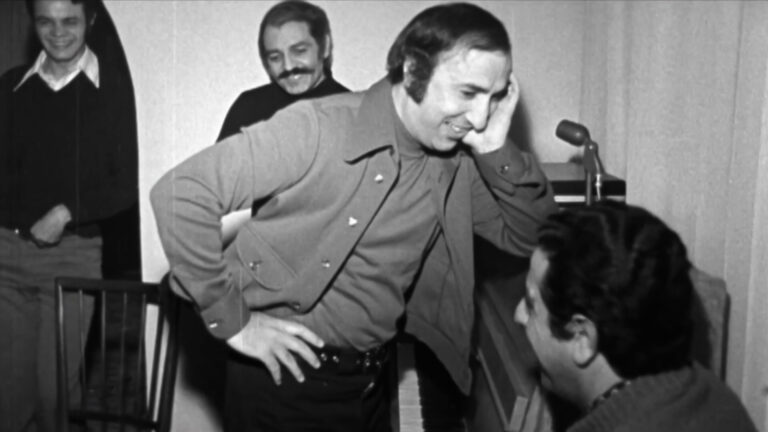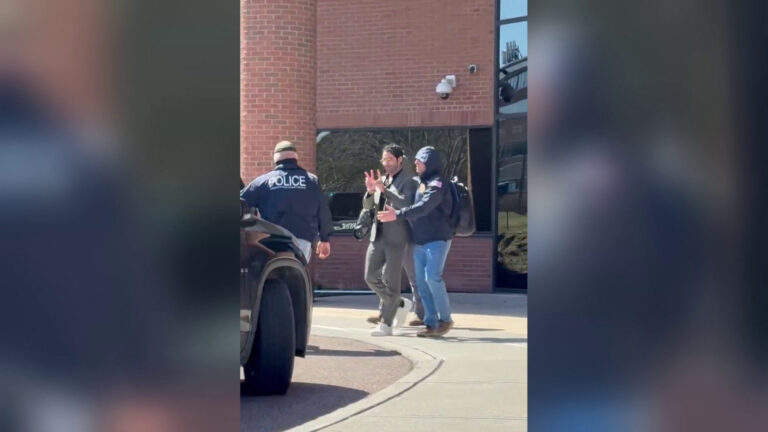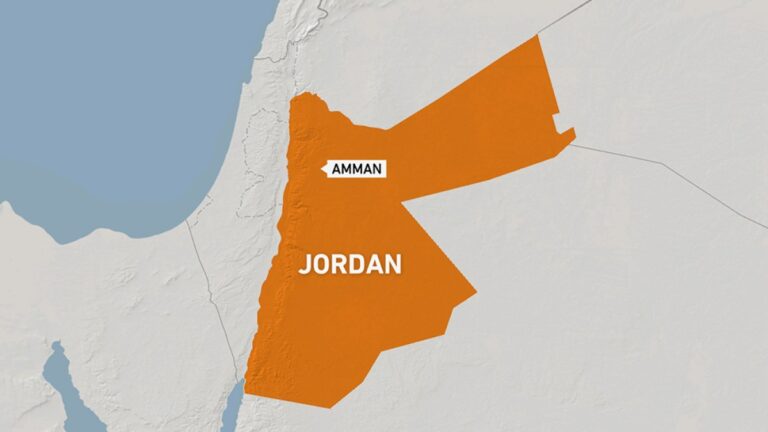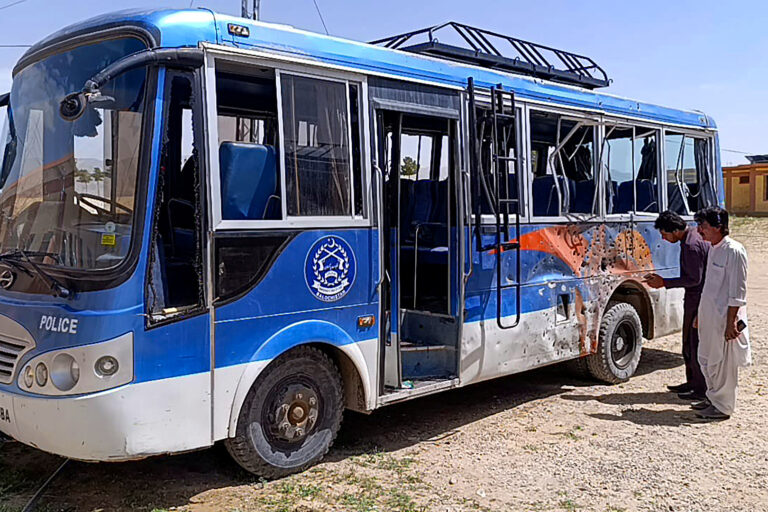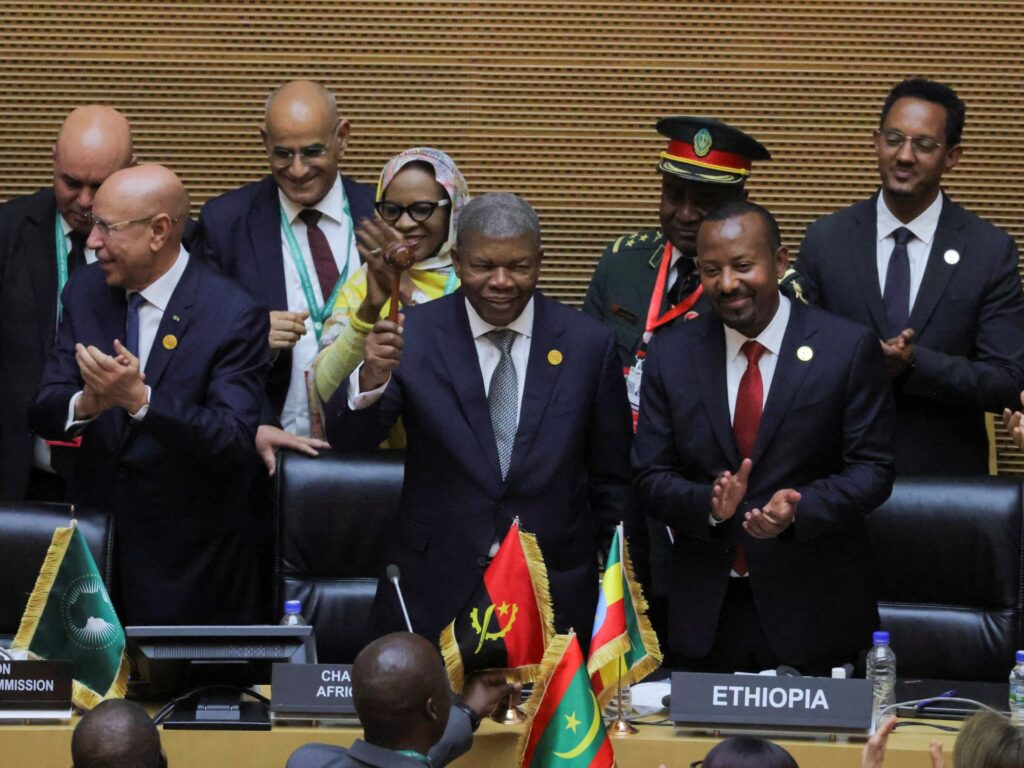
The African Union’s call for reparatory justice represents a pivotal moment in addressing the historical injustices faced by African nations and their peoples. This initiative acknowledges the deep scars left by centuries of colonialism, exploitation, and systemic discrimination that have not only disrupted societies but have also perpetuated cycles of poverty and inequality. The demand for reparations is rooted in a desire to confront and rectify these wrongs, thereby paving the way for a more equitable and just future.
However, the journey toward achieving reparatory justice is fraught with considerable challenges that complicate its realism and implementation. One of the primary hurdles is the need for negotiations with former colonial powers and international institutions that may be hesitant to acknowledge their historical roles or take responsibility for the injustices perpetrated against African nations. This reluctance can stem from various factors, including national pride, political considerations, and concerns over the financial implications of reparations. As a result, engaging these entities in meaningful dialogue becomes a delicate and often contentious process.
Moreover, the legal frameworks required to support reparatory claims are frequently inadequate or nonexistent. Many African nations face a lack of robust legal instruments that can effectively articulate and enforce claims for reparations. This absence of legal clarity can lead to differing interpretations of what constitutes adequate reparations, with some parties advocating for monetary compensation, while others may seek land restitution, social programs, or cultural reparations. These varying perspectives can create discord and hinder the establishment of a coherent strategy for pursuing reparations.
The political will to advance these reparatory justice claims also varies significantly among African nations and within the international community. Some countries may be more committed to the reparations agenda than others, influenced by their own historical contexts and political landscapes. Additionally, the international community’s engagement in these issues can be inconsistent, with some nations and organizations offering support while others remain indifferent or even opposed to the idea of reparations. This lack of a unified approach complicates efforts to build a coalition that can effectively advocate for reparatory justice on a global scale.
In conclusion, while the African Union’s call for reparatory justice is a crucial step toward acknowledging past wrongs and fostering healing and equity, its feasibility is contingent upon overcoming significant legal, political, and social obstacles. It requires not only a commitment to confronting historical injustices but also a concerted effort to navigate the complexities of international relations, legal systems, and varied political will. Only through sustained dialogue, collaboration, and a willingness to confront uncomfortable truths can the vision of reparatory justice begin to materialize, offering a path toward a more just and equitable future for African nations and their peoples.
The African Union’s call for reparatory justice, while a significant acknowledgment of historical injustices and a push for accountability, faces considerable challenges in terms of realism and implementation. The demand for reparations stems from a legacy of colonialism, exploitation, and systemic discrimination that has had lasting impacts on African nations and their peoples. However, the practicalities of achieving reparatory justice are complex, as they involve negotiations with former colonial powers and institutions that may be reluctant to accept responsibility or provide compensation. Additionally, the legal frameworks necessary to support such claims are often lacking, and there is a risk of differing interpretations of what constitutes adequate reparations. Furthermore, the political will within both African nations and the international community varies, which complicates efforts to create a unified approach. Thus, while the call for reparatory justice is a vital step towards healing and equity, its feasibility hinges on overcoming significant legal, political, and social obstacles.
